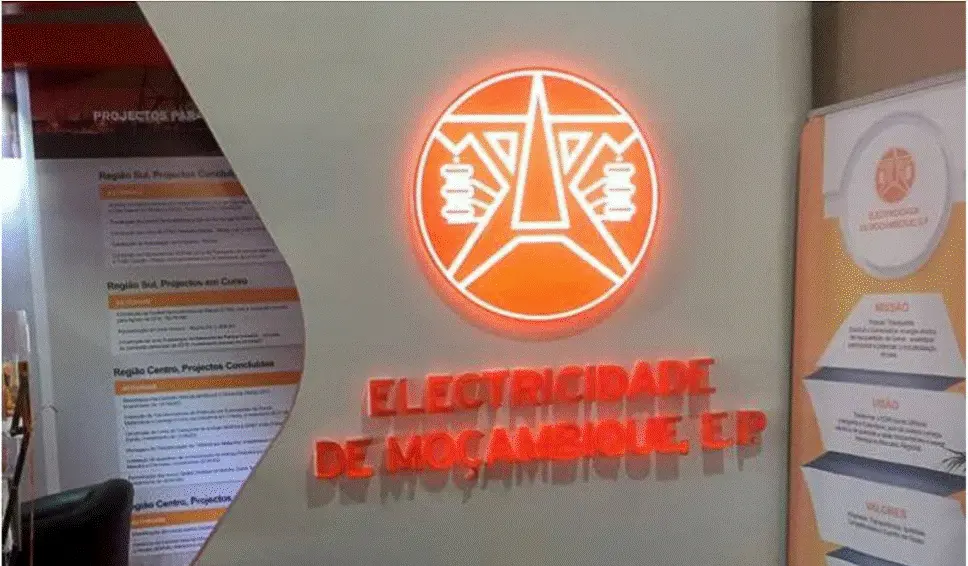Mozambique’s national energy landscape is now heavily reliant on renewables, which form 70% of its mix.
The state utility, Electricidade de Moçambique (EDM), aims for complete energy coverage by 2030.
They recently integrated an additional 55 MW from Cuamba and Mocuba power plants, emphasizing their commitment to sustainable power.
Legal and regulatory support has bolstered this effort.

Hydropower leads with significant contributions from stations like Cahora Bassa. Tis station alone adds over 2000 MW.
Other key players include Mavuzi and Chicamba facilities, alongside smaller plants in Cuamba and Lichinga, Niassa province, and Corumane, Maputo province.
Wind and solar sources, along with natural gas, also play a role.
Mónica Olga Utchavo, the head of EDM’s Renewable Energy Department, spoke to AIM about their energy strategy.
She shared that internal assessments are ongoing, yet renewables’ influence is strong in the energy matrix.
Plans are in place to start new projects that will supply an additional 120 MW by next year. Despite delays at Metoro station in Cabo Delgado, EDM’s target stands at 600 MW by 2030.
To reach this target, Mozambique is working on ‘green corridors.’ These will ensure efficient delivery of electricity to the market.
They aim to become a regional energy hub by connecting with neighboring grids.
Uchavo stresses the importance of these connections for distributing power generated from hydro resources, gas, and other renewable means.
The Energy Regulatory Authority (ARENE) has recognized Mozambique’s efforts against climate change.
It advocates for renewable energy consideration in all energy reforms and projects.
Renewable Energy Action Program
ARENE’s approach is clear in the National Electric Grid (REN) projects.
These fall under the Renewable Energy Auction Program (PROLER), which includes solar and wind projects.
These initiatives will boost energy security and aim to cut CO₂ emissions significantly within this decade.
PROLER is moving forward with its second tender. It is selecting partners to build solar plants in central and northern provinces.
Lastly, the off-grid sector is evolving. New rules aim to encourage private investment in renewable projects, ensuring robust energy access in remote areas.

